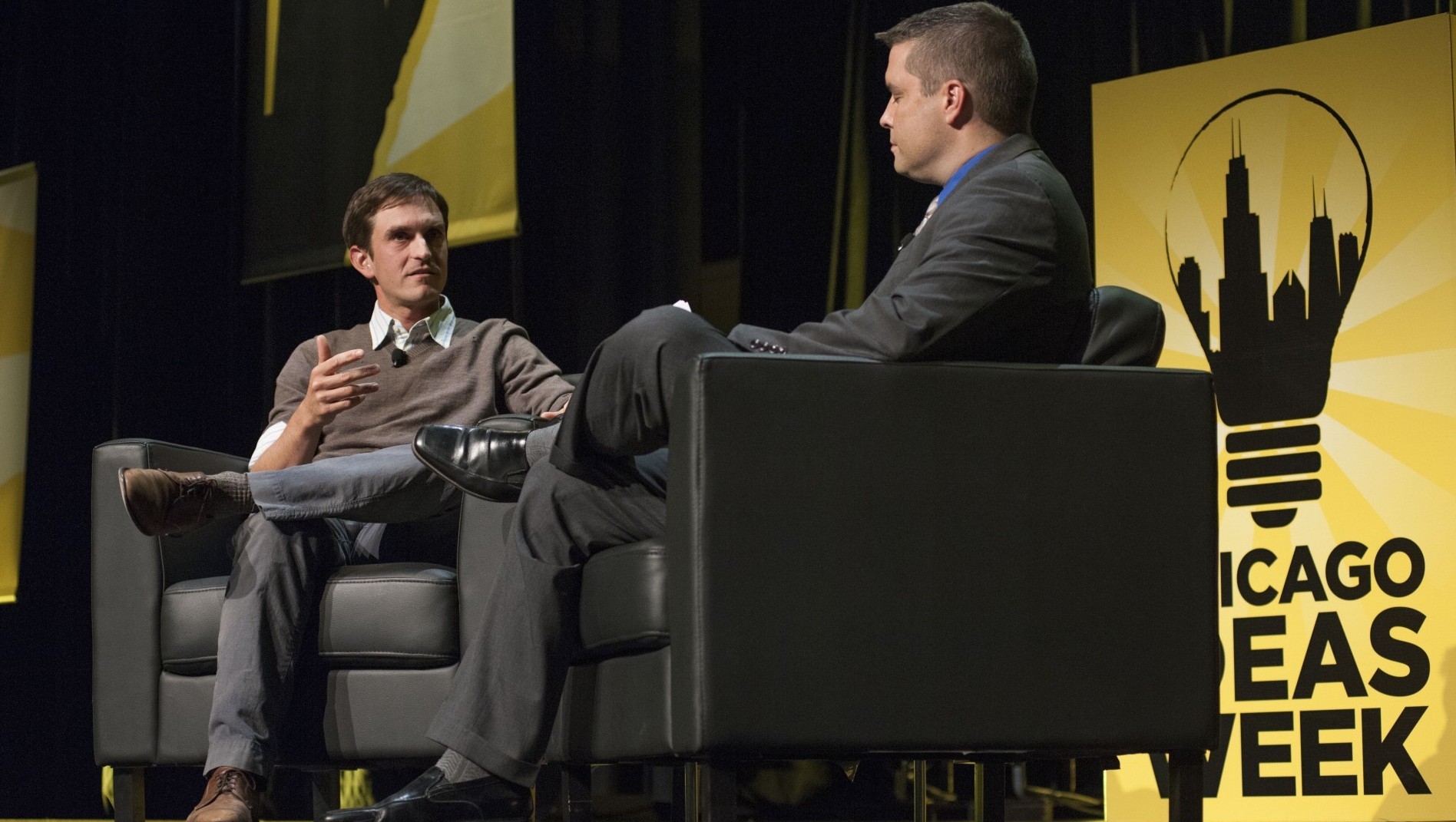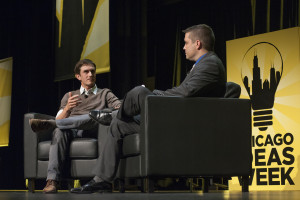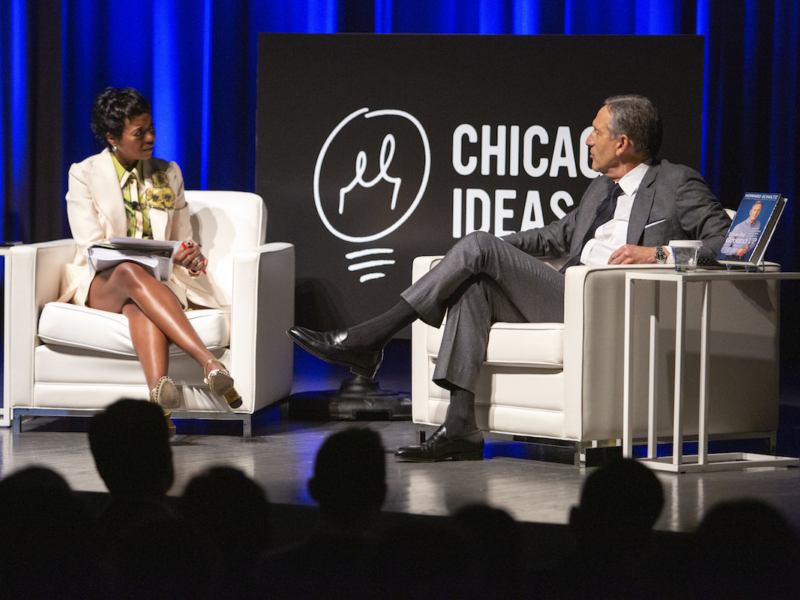
Becoming a Champion in 10,000 Hours
Almost five years ago to the day—on April 5, 2010—CIW 2011 Speaker Dan McLaughlin quit his day job. His plan? To fulfill the dream of every casual golfer who has ever stepped up to the first tee: spend each day at the course. There was one key difference between McLaughlin and your PGA–obsessed dad, however. McLaughlin had never played a round of golf.

In 2012, Dan McLaughlin shared his golfing progress from the CIW stage.
McLaughlin decided to rapidly turn himself into, then surpass, the average player by sticking to what he christened The Dan Plan: 10,000 hours of “deliberate practice,” beginning with a strict putting and short game regimen. At the time, he had “no clue” whether he’d even enjoy golf. Today, he’s completed nearly 6,000 hours, plays with an enviable 3.1 handicap, participated in the AT&T Pebble Beach National Pro-Am this February and reports that he hasn’t “seen the glass ceiling yet.” And he’s developed the universal attitude of the amateur golfer: the “love-hate relationship.”
“It’s a frustrating game,” he admitted in a recent phone interview.
What has kept McLaughlin moving forward is a dogged optimism and a belief that it’s practice, not talent, that makes a good player. In his view, the main difference between someone like him and, say, former World No. 1 Luke Donald (whose swing McLaughlin emulates) is that a Donald (or Woods or McIlroy or Mickelson…) began his own version of The Dan Plan at the age of two or three. And is McLaughlin’s success due at least in part to an innate aptitude? No. “I didn’t even know if I was going to be left- or right-handed,” he said.
As McLaughlin continues to zero in on the ultimate endgame—to play in more and more competitive tournaments and to, eventually, qualify for a PGA tournament—he’s finding his golfer’s attitude has begun to seep into his everyday life. In relationships, business and family politics, he brings a more relaxed, balanced approach. When he recently found his car broken into, he thought, “Oh well, [it’s] just like a bad shot. Things will turn around.”
“It’s a whole mindset that you learn,” he said. “You have to allow your mind to accept failures and appreciate the successes.”
It’s a mindset that makes it impossible for him to even consider returning to his nine-to-five job. “It’d be like going back to high school when you’re 35 years old,” he said. “It’s something that happened in the past, but it’s not something that will happen again in the future.”




